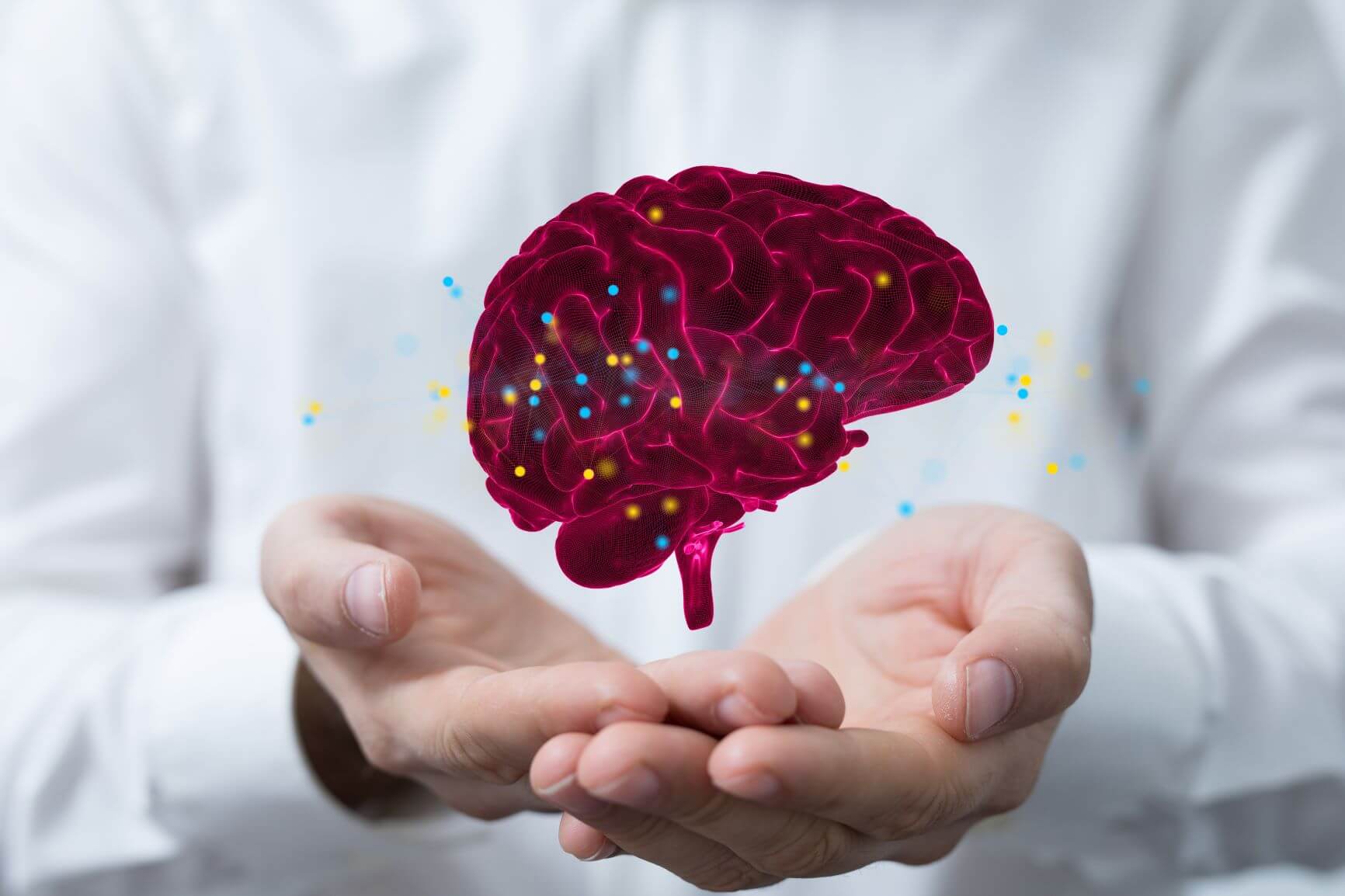Can We Train the Brain to Remember Dreams?
For thousands of years, people have wondered what dreams mean. Are they messages from the unconscious, rehearsals of daily life, or gateways to another world?
Only in recent decades, with tools to measure and train brain functions, have scientists begun to uncover answers.
Dreams are an internal theater that plays out every night. Some people recall every detail, while others wake up with nothing.
Why the difference? Genetics, brain structure, attention, personal interest, and deliberate training all play a role.
Research shows that dream memory is not fixed. It is a skill that can be strengthened. The more attention we give to dreams by writing them down, reflecting on them in the morning, or discussing them with others the more likely we are to remember them.
A dream journal, for instance, does more than record; it actively trains the brain to retrieve dream memories.
Cognitive Training and Dream Recall
Cognitive training which consists of structured exercises to boost memory, attention, and flexibility – may also improve dream recall.
Memory practice and meta-memory techniques (awareness of how we remember) help translate nighttime experiences into conscious memory.
Even daytime concentration exercises can increase sensitivity to dream content, sharpening the awareness needed to “catch” a dream upon waking.
Explore the Complete Cognitive Dictionary of cognitive skills >>
Lucid Dreaming
Lucid dreaming, the ability to become aware and even control dreams, highlights the connection between training and dream recall.
Research shows that setting intentions before sleep, practicing “reality checks” during the day, and using techniques such as Mnemonic Induction of Lucid Dreams can significantly increase both recall and control.
In just two weeks of practice, many participants reported remembering more dreams and with greater clarity.
This cognitive training works both ways: cognitive exercises boost dream memory, while the act of focusing on dreams itself strengthens attention, imagination, and subtle awareness. Dreams become more than fleeting images; they become a tool for self-discovery and cognitive growth.
Can Everyone Improve?
Not everyone has the same starting point. Creativity, openness to dreaming, and sleep patterns all influence recall.
Still, studies show that even those who rarely remember dreams can improve with consistent practice – sometimes in just a few weeks. The key is persistence: daily effort, patience, and the willingness to try again.
Of course, not every method works for everyone. Some people benefit from mindfulness, while others see improvement from structured memory exercises.
And while recall may improve, dream content itself may not change, which remains a question for future research.
Why Remember Dreams?
Beyond curiosity, dream recall offers deeper value. Dreams help the brain process emotions, reorganize experiences, and sometimes even solve problems. Many artists, writers, and scientists have credited their dreams as sources of inspiration.
Remembering dreams gives us a glimpse into hidden mental processes and provides opportunities for creativity, reflection, and growth. In this way, the dream is not just a mystery; it is a key to understanding ourselves.
In Summary
The effort to recall dreams is a journey into consciousness itself.
Cognitive training and memory workout offers not just sharper memory during the day, but also the ability to rediscover the world of dreams at night.
In an age where we seek control over so much, dreams remind us of the value of curiosity and openness. With training, attention, and imagination, the brain proves once again that it is flexible, adaptable, and full of possibility.
If you would like to explore how cognitive training can support memory both during the day and at night, contact us and learn more.
Start your free cognitive training trial today >>
Discover Effectivate’s science-based cognitive training platform >>









